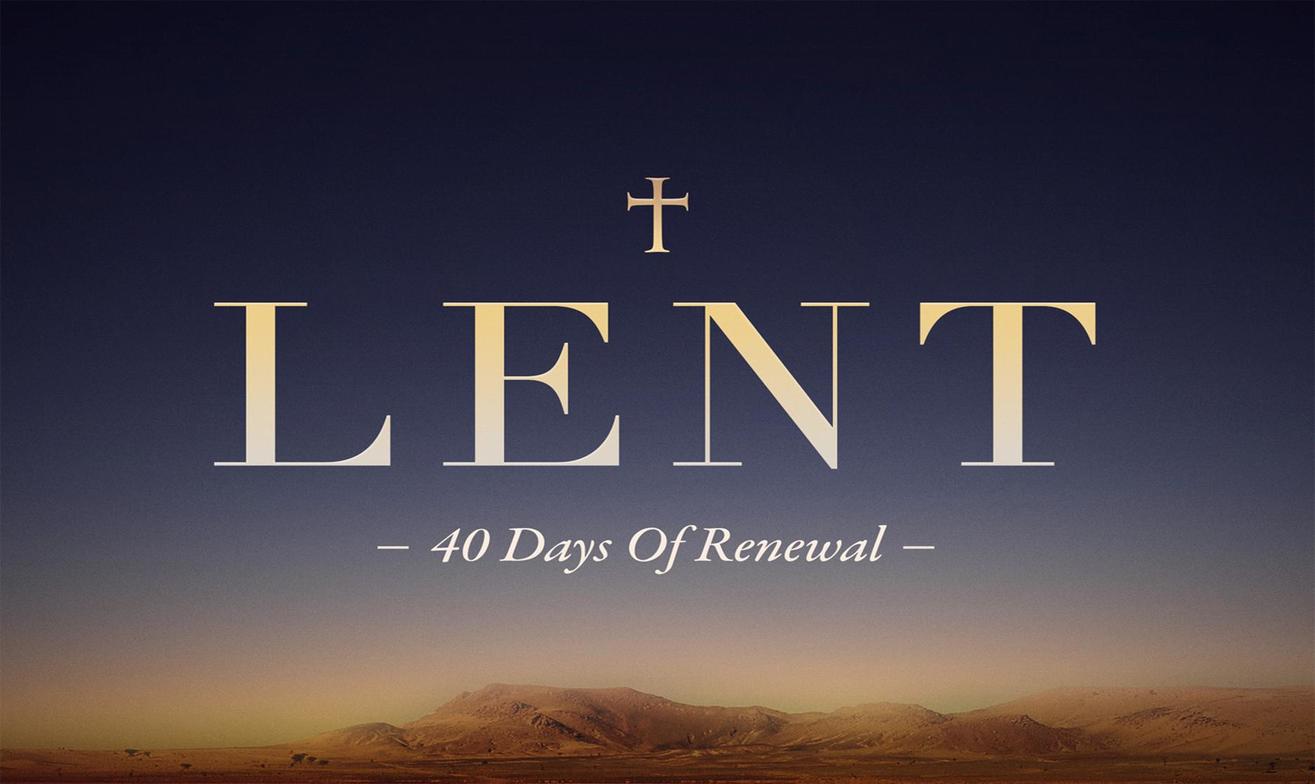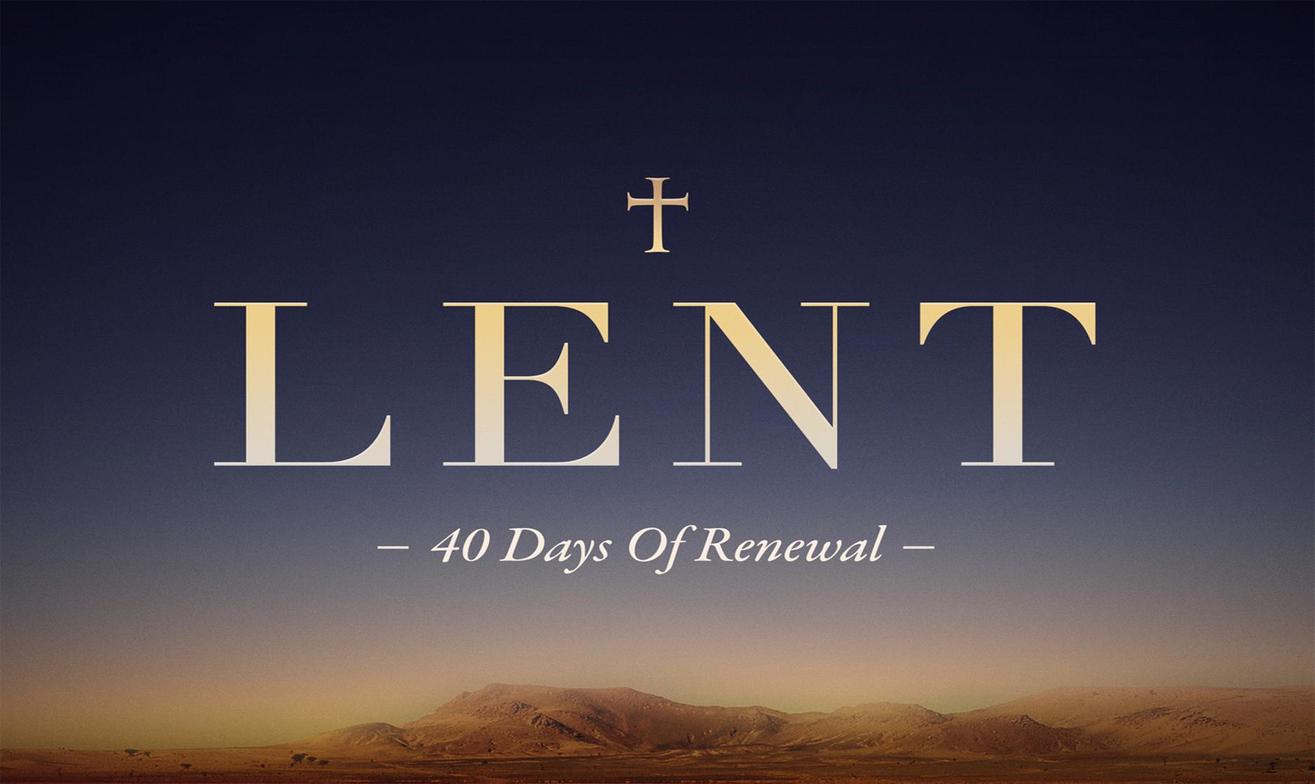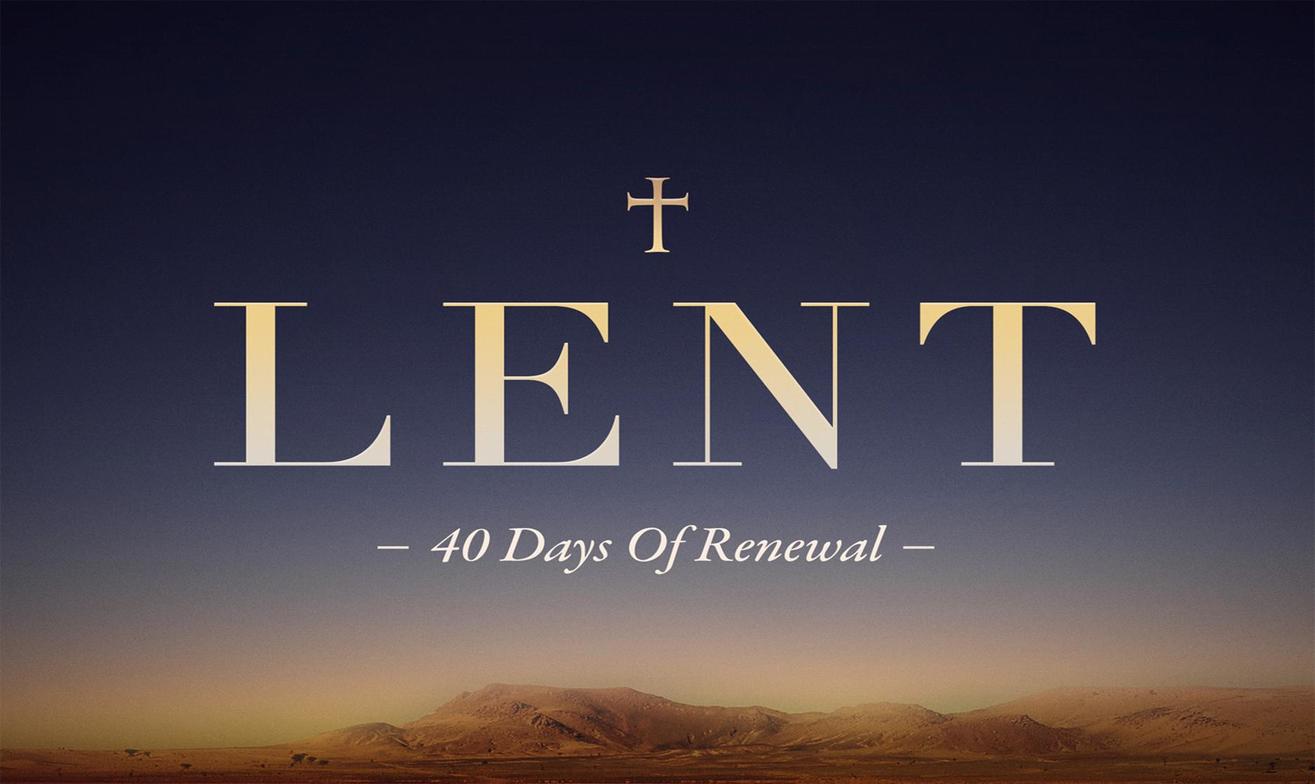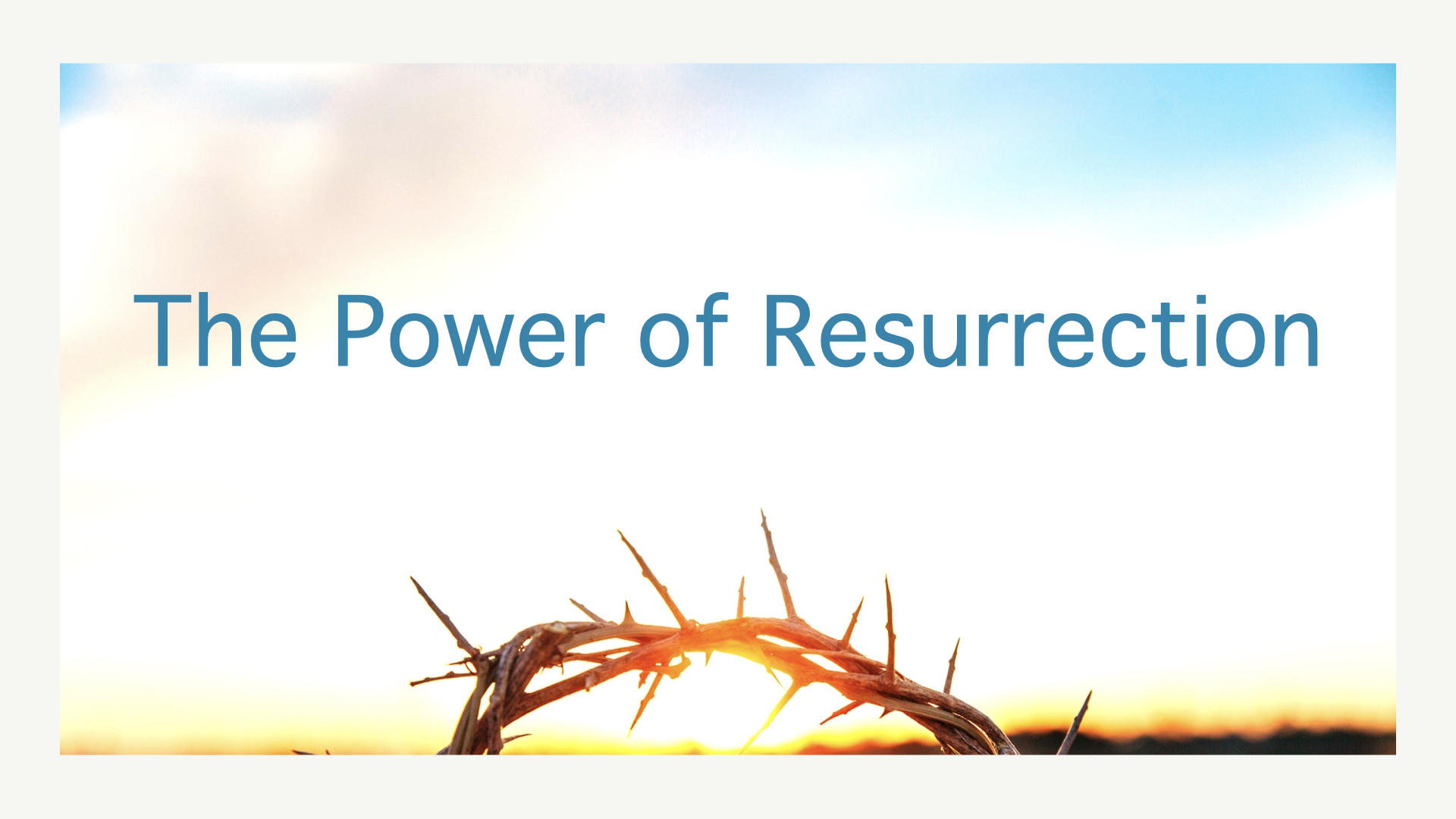God's Lost & Found

"What man of you, having a hundred sheep, if he has lost one of them, does not leave the ninety-nine in the open country, and go after the one that is lost, until he finds it?" (Luke 15:4-10) Have you ever lost something important, maybe not of significant monetary value but nonetheless very important to you? When you did, you probably could not think of anything else except finding it, almost obsessively doing everything you could to search for it. Is the same thing true when God loses someone? We often refer to people who do not know Jesus as being "lost." In what sense are they lost? They are lost from God, and they have wandered away from Him. In the parable of the lost sheep, the shepherd knew that he must find the lost sheep to save him from certain death. In the parable of the lost coin, the woman had to find the coin because of its value to her. Many sermons have been preached on Luke 15 because it is so rich in essential truths for us. But let's...






